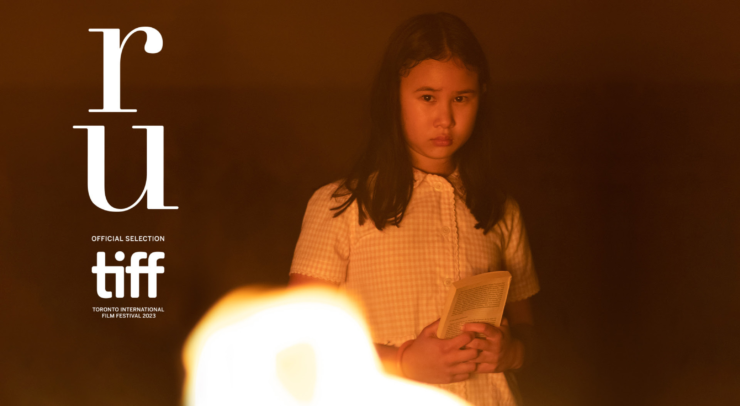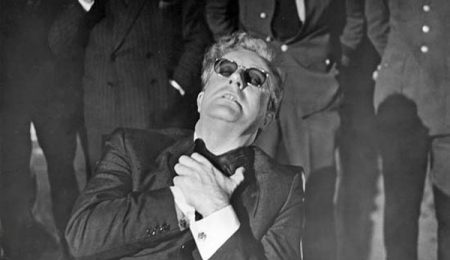A breathtaking visual and emotional journey you’re sure to remember
Following the collapse of the South Vietnamese government in 1975, thousands of Vietnamese people fled the country by sea, and were hence called “boat people”.
In their attempts to reach countries like the US and Canada, crammed aboard small vessels, many were captured, brutally robbed and tortured by pirates. They suffered from dehydration, starvation, harsh weather conditions, and the disquieting uncertainty of what lay ahead.
Ru (2023, directed by Charles-Olivier Michaud) is the poignant story of a wealthy refugee family who is violently uprooted from their home in Vietnam, and forced to embark on a treacherous journey across the seas to the snowy banks of Québec.
The film is inspired by Kim Thúy’s 2009 novel of the same name, drawing from her own experiences; Thuy was highly involved in the film’s production.
The audience catches gut-wrenching glimpses of the war’s horrors through flashbacks, and the family’s struggles to adapt through the eyes of the child protagonist (played by Chloé Djandji). The family is haunted by the relatives and friends they left behind, in addition to the frenzied ransacking of their once spectacular home.
These moments brought tears to my eyes — I am half-Vietnamese, and many of my family members were boat people as well. Though I knew what had happened to them, I had never encountered such a vivid visual representation.
Compared to the terrors that unfolded, the film paints a rather tame version of the events; it was likely tailored to be suitable for younger audiences. Nonetheless, it really brought the Vietnamese boat people’s suffering into perspective.
Severely traumatized, the 10-year-old protagonist hardly speaks as her family is shuffled around cramped boats, refugee camps, and shelters.
When the family arrives in Canada they must face a new, frigid reality (literally). Indeed, they are stunned into silence as their plane lands in the dead of winter (only a part of their journey was by boat). Their anxiety is palpable as they stare fixedly at the blustery gales of snow clawing at the windows — it is a stark contrast to Vietnam’s tropical and temperate climate.
Once well-respected and living a life of luxury, the parents must accept low-income jobs they are overqualified for. Their former diplomas and status mean nothing in Québec.
A friendly Québécois family takes them under their wing, helping with shopping and hosting them for meals. Despite their good intentions, the cultural disconnect between them is apparent (in a comical scene, they pressure the Vietnamese family to buy a toaster, even though they don’t eat toast, insisting it’s a life essential).
The Vietnamese parents fight back tears for the sake of their children, and embrace the Québécois’ idea that the Vietnam War wasn’t a “real” war because “there weren’t atomic bombs like in Japan”.
What the parents are willing to accept to appear strong for their children, and in an attempt to “fit in” to their new community (forcing their children to speak in French instead of Vietnamese, for instance), is infuriating but realistic.
I think this film can resonate with anyone who has an immigrant background, or who has had to adapt to an unfamiliar environment. Despite all the obstacles they must overcome on a psychological and emotional level, the family manages to find a new sense of belonging.
The cinematography is entrancing, with soft colours and cleverly layered lighting. The film takes its time to unfurl rich landscape shots that underline how immense and lonely the world feels to the child protagonist. A noticeable shift regarding this dynamic occurs as the movie progresses.
The costumes and decor transport us back to the late 1970s in Vietnam and Canada. The symbolism, with masterful cuts between flashbacks and the present, is incredibly effective; the shots flow seamlessly and illustrate the characters’ internal battles. Powerful performances from the entire cast brought me to tears on multiple occasions.
Ru is a breathtaking visual and emotional journey you’re sure to remember.
If you’re interested in another family-oriented portrayal of boat people, check out my colleague Amira Benjamin’s review of Boat People, an animated film from last year’s Ottawa Animated Film Festival.








